Thiapril Tablets (Rampril) x30
Thiapril Tablets is used to treat high blood pressure (hypertension), and reduce cardiovascular risks associated with hypertension
₦7,000.00
Buy NowThiapril Tablets contain a combination of ramipril, an ACE inhibitor, and hydrochlorothiazide, a thiazide diuretic. This dual-action medication is designed to effectively manage hypertension in patients who require multiple drugs to control their blood pressure. Each pack contains 30 tablets.
Uses
Thiapril Tablets are primarily used to:
- Treat high blood pressure (hypertension)
- Manage patients with hypertension not adequately controlled on monotherapy
- Reduce cardiovascular risks associated with hypertension
Benefits
- Provides a dual mechanism for blood pressure control
- More effective in lowering blood pressure than either component alone
- Convenient once-daily dosing improves compliance
- This may reduce the need for multiple separate medications
- Helps prevent complications associated with hypertension
- Cost-effective treatment option for managing high blood pressure
How It Works
Ramipril works by inhibiting the angiotensin-converting enzyme (ACE), which leads to relaxation of blood vessels. Hydrochlorothiazide acts as a diuretic, increasing water and salt excretion through urine. Together, they provide a complementary approach to lowering blood pressure.
Dosage
The typical dosage is one tablet taken orally once daily, preferably in the morning. The strength and exact dosage should be determined by your healthcare provider based on your individual needs and response to treatment.
Side Effects
Common side effects may include:
- Dizziness
- Headache
- Fatigue
- Dry cough (associated with ramipril)
- Increased urination (due to hydrochlorothiazide) Serious side effects, though rare, may include allergic reactions, severe electrolyte imbalances, or liver problems. Seek immediate medical attention if you experience symptoms like severe dizziness, fainting, or jaundice.
Warning
Do not use Thiapril if you have a history of angioedema with ACE inhibitors, or if you are pregnant. Patients with kidney problems or those prone to electrolyte imbalances should be closely monitored.
Pregnancy and Breastfeeding
Thiapril is contraindicated during pregnancy due to the risk of fetal harm. Consult your healthcare provider regarding its use while breastfeeding.
Interaction
- May interact with other blood pressure medications
- Can be affected by NSAIDs and potassium supplements
- May interact with certain diabetes medications
- Alcohol and salt substitutes containing potassium should be used with caution
Important Information
Take Thiapril consistently at the same time each day. Regular blood pressure monitoring and occasional blood tests may be necessary to ensure safe and effective use. Do not stop taking Thiapril abruptly without consulting your doctor, as this may lead to a sudden increase in blood pressure. Stay well-hydrated, but avoid excessive fluid intake. Inform your healthcare provider of all medications and supplements you are taking to avoid potential interactions.
Dosage information for Thiapril Tablets, which contain Ramipril and Hydrochlorothiazide, in table form:
| Condition | Dosage |
|---|---|
| Hypertension (High Blood Pressure) | 1.25 mg/12.5 mg to 10 mg/25 mg once daily |
- Combination Components: Thiapril Tablets combine an ACE inhibitor (Ramipril) with a diuretic (Hydrochlorothiazide).
- Ramipril: Commonly prescribed in doses ranging from 1.25 mg to 10 mg.
- Hydrochlorothiazide: Commonly prescribed in doses ranging from 12.5 mg to 25 mg.
- Administration: The medication is typically taken once daily, with or without food. It should be taken consistently at the same time each day.
- Adjustment: The initial dose depends on the patient's blood pressure levels and response to the treatment. Doses may be adjusted based on efficacy and tolerability, under the guidance of a healthcare provider.
- Precautions:
- Monitor for signs of hypotension (low blood pressure), especially after the first dose or any dose increase.
- Use with caution in patients with renal impairment, as both components are processed by the kidneys.
- Avoid in patients with a history of angioedema related to ACE inhibitors.
- Regularly monitor blood pressure, kidney function, and electrolytes during treatment.

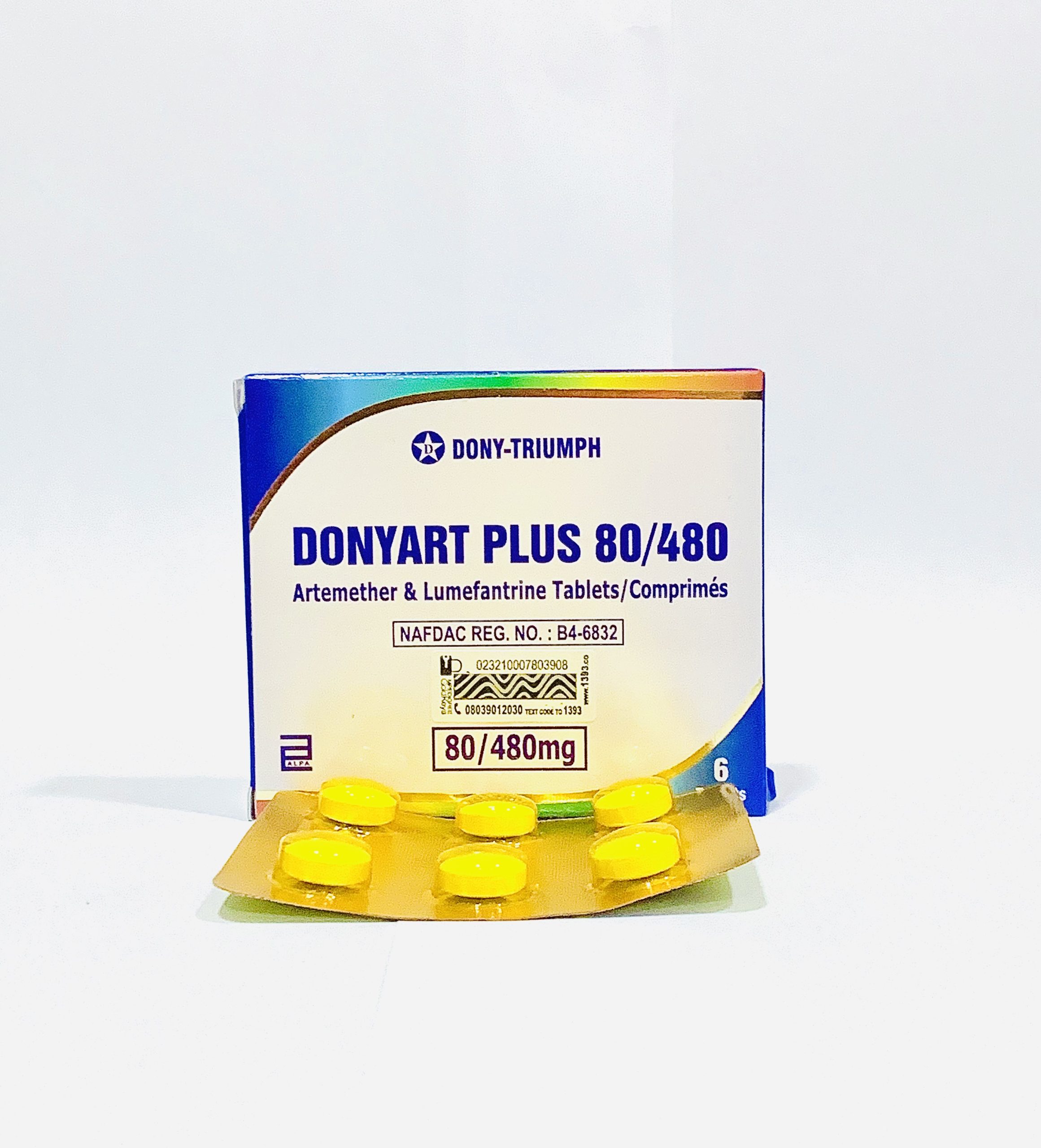


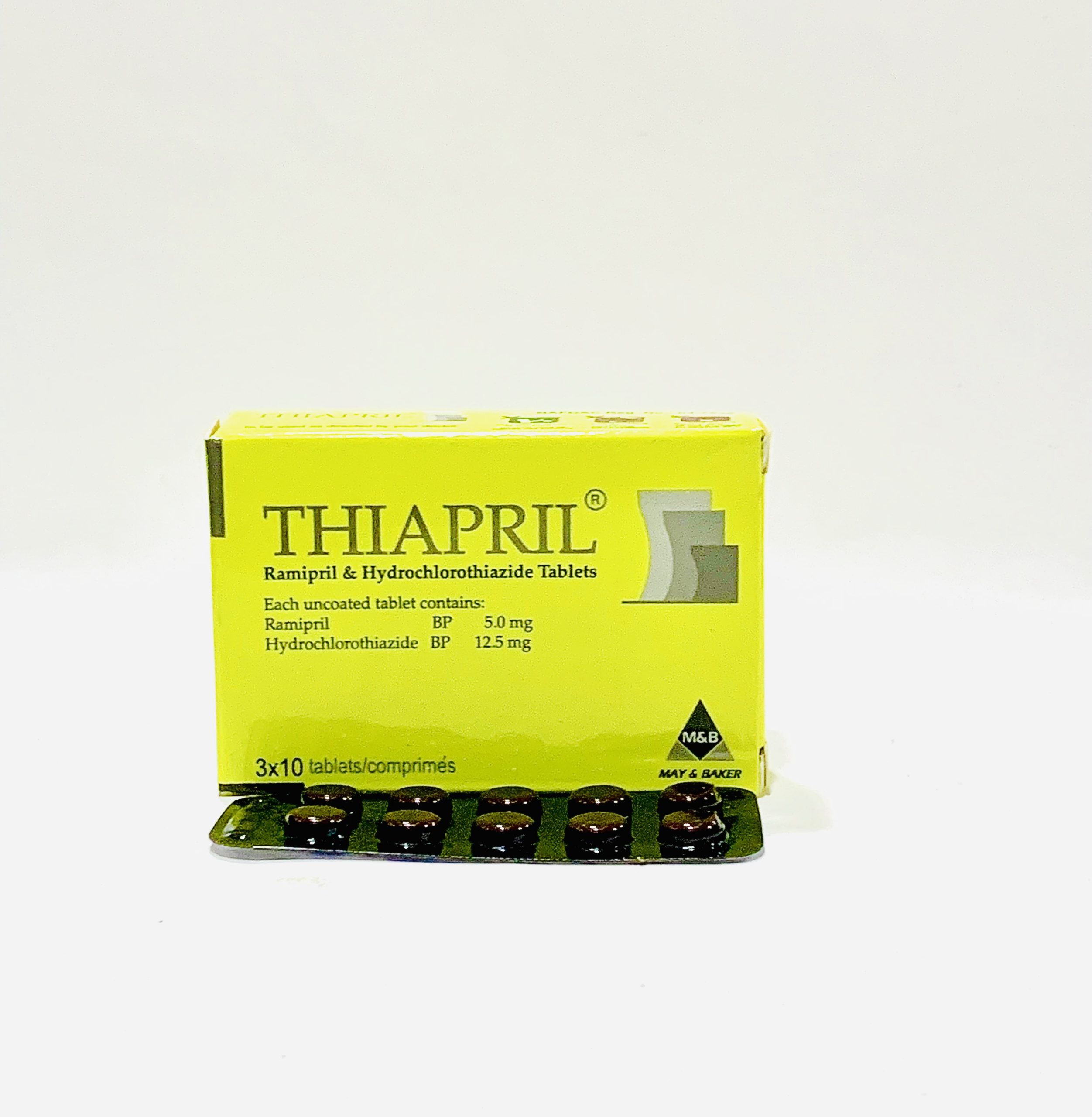
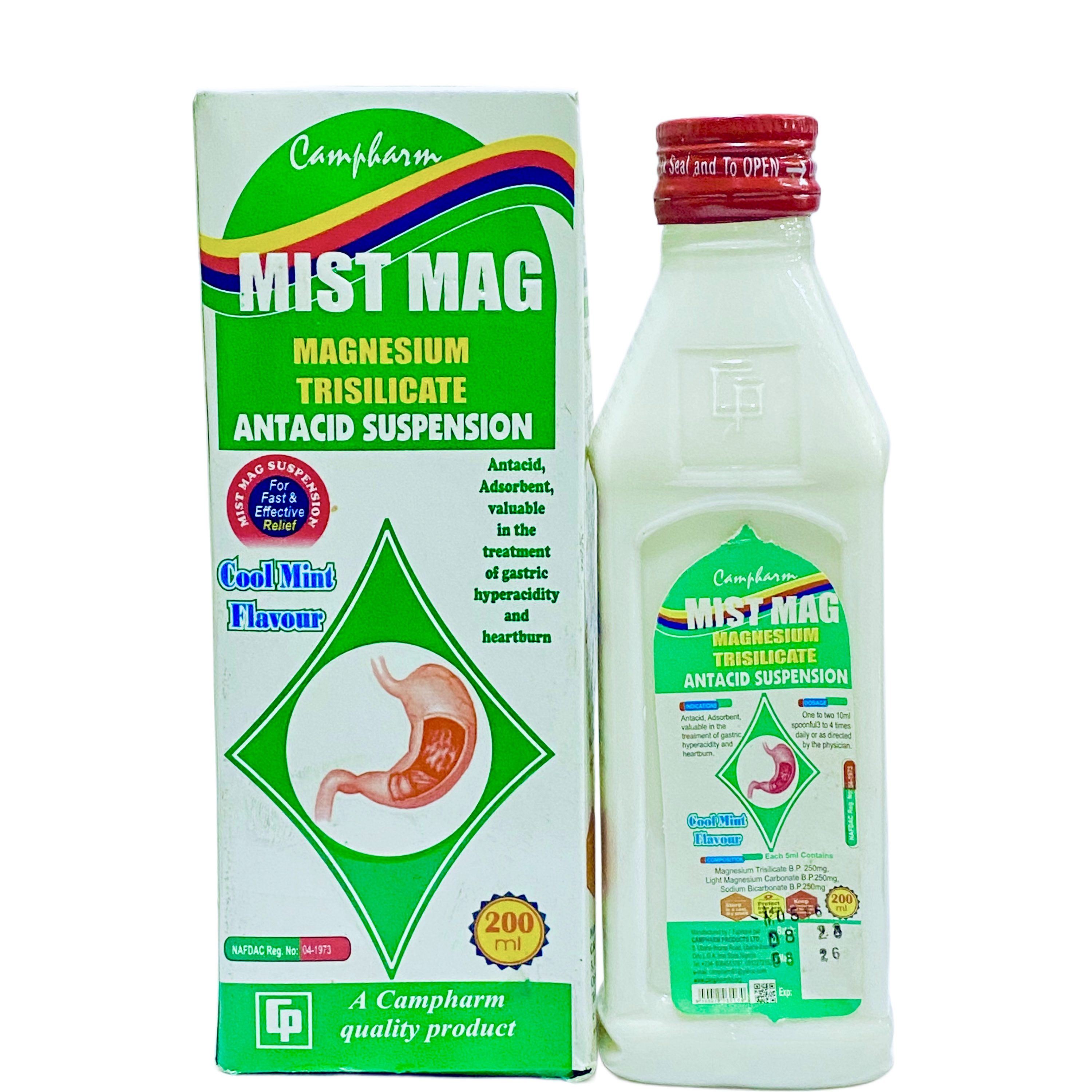


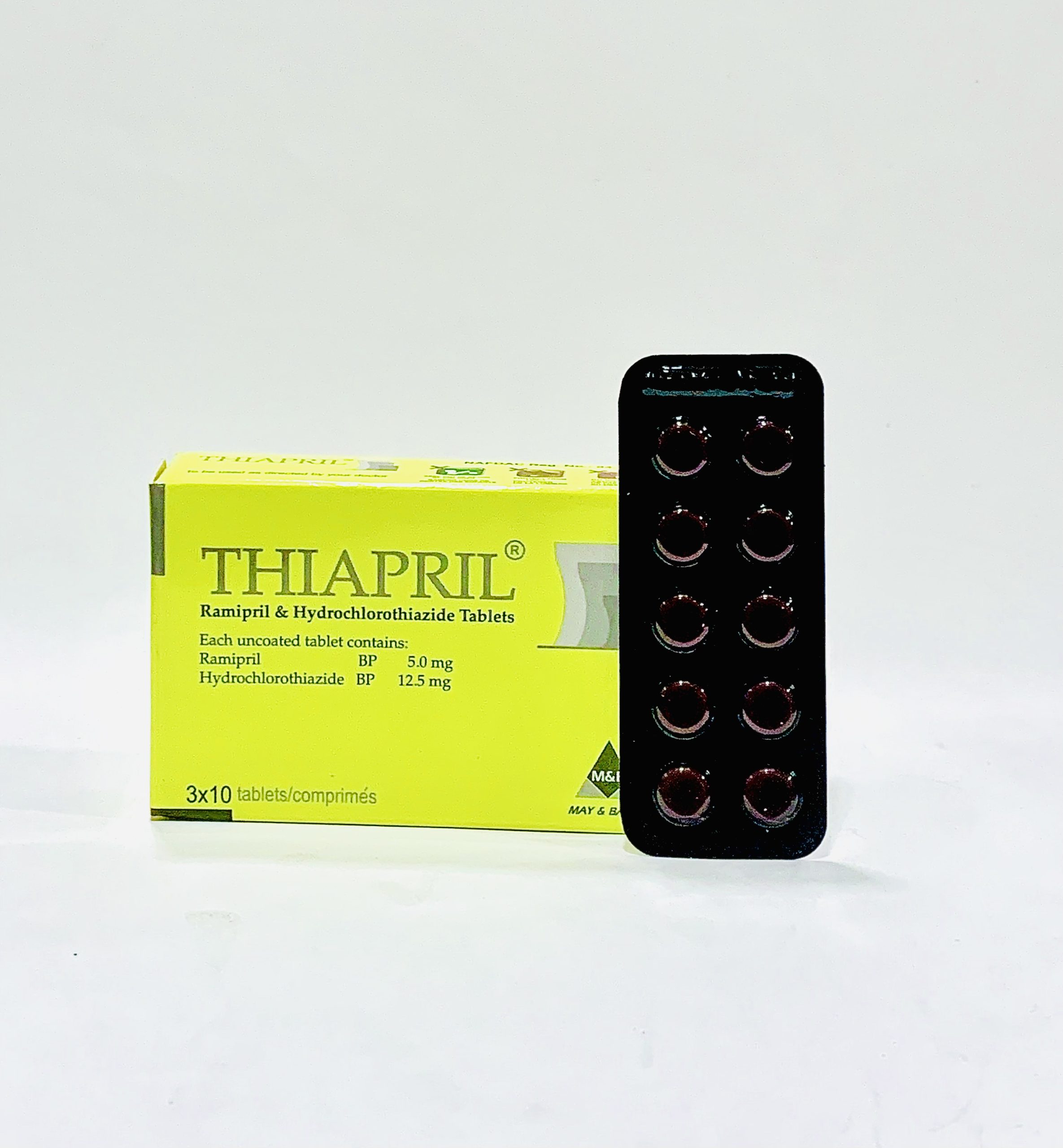
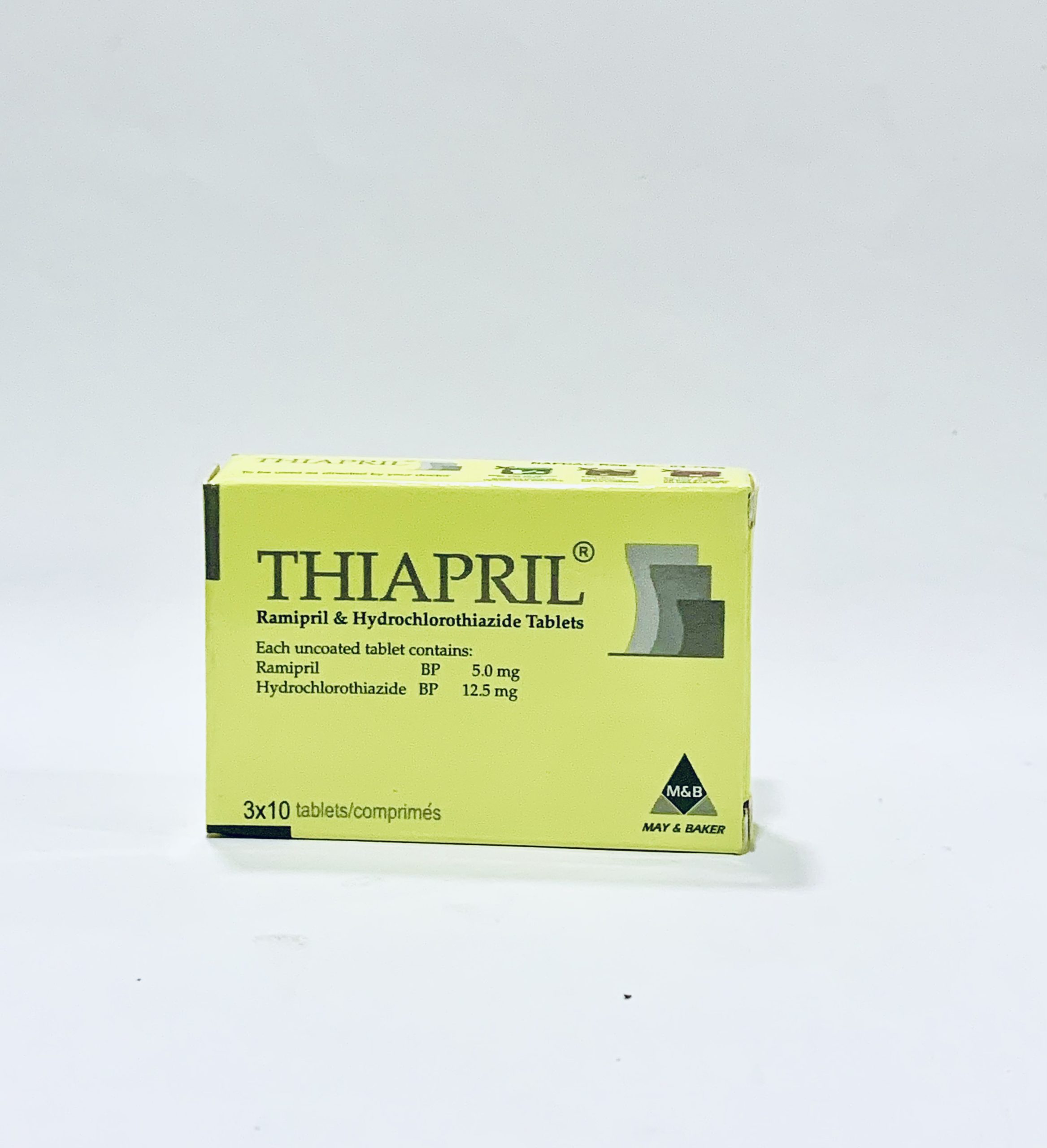
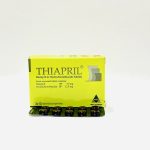


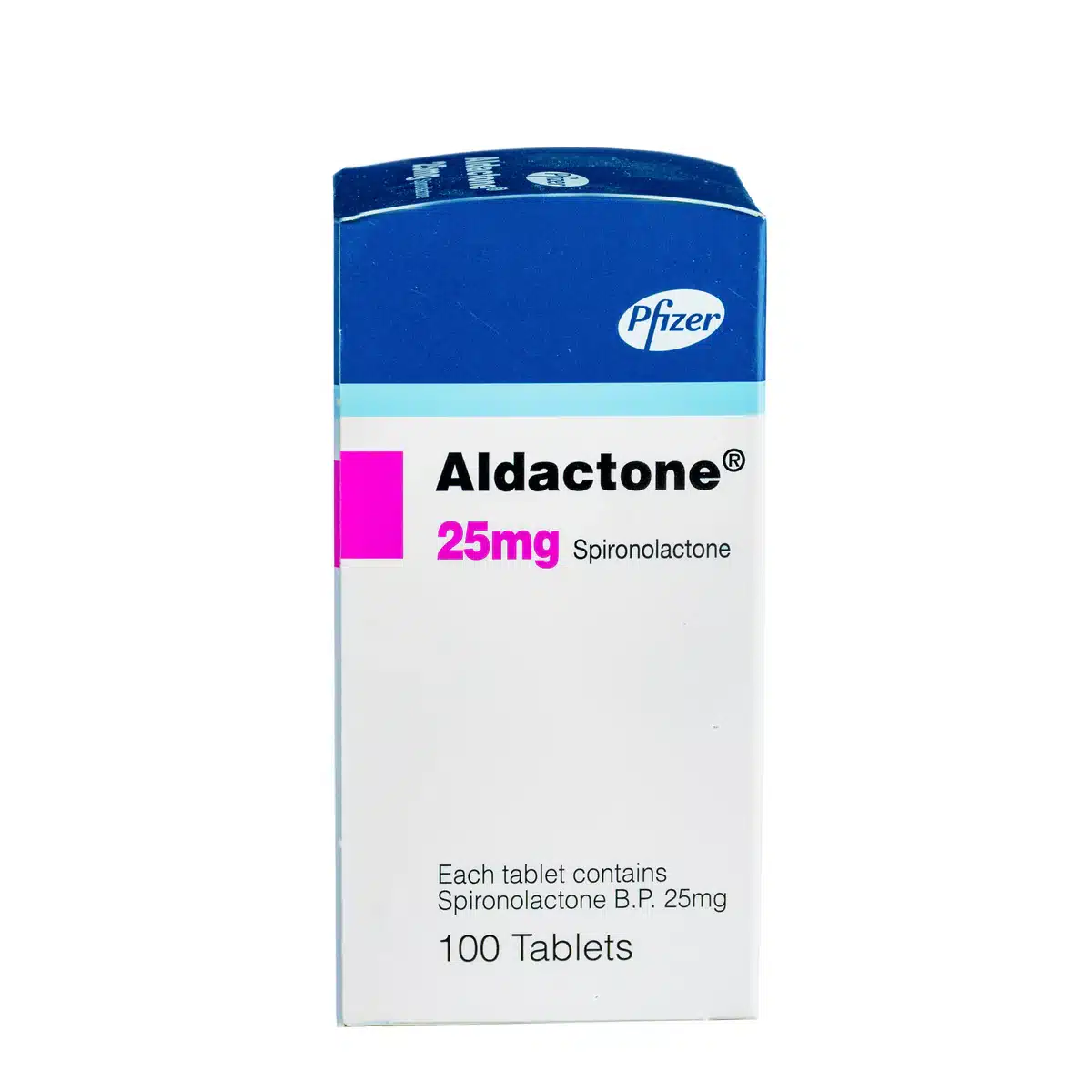
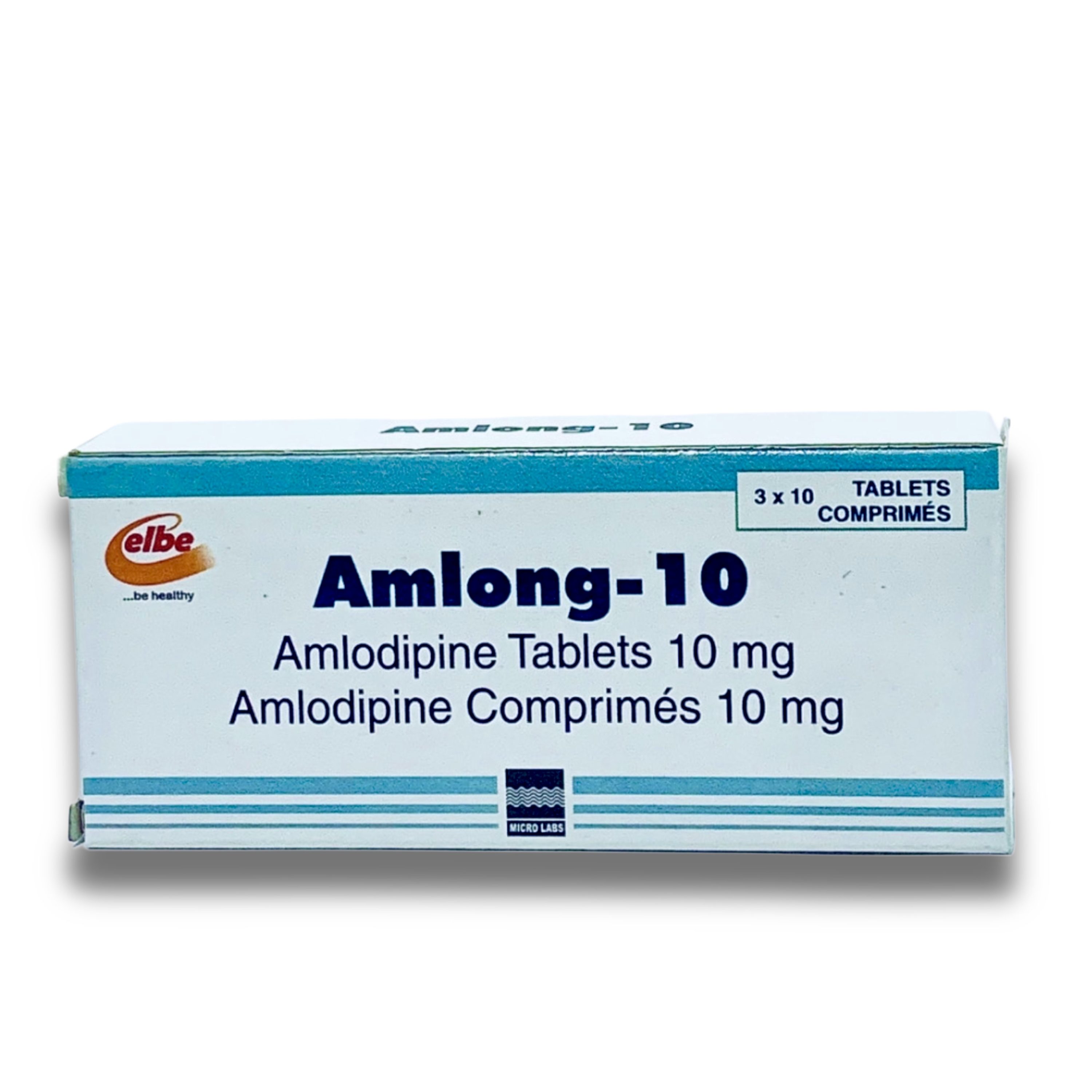
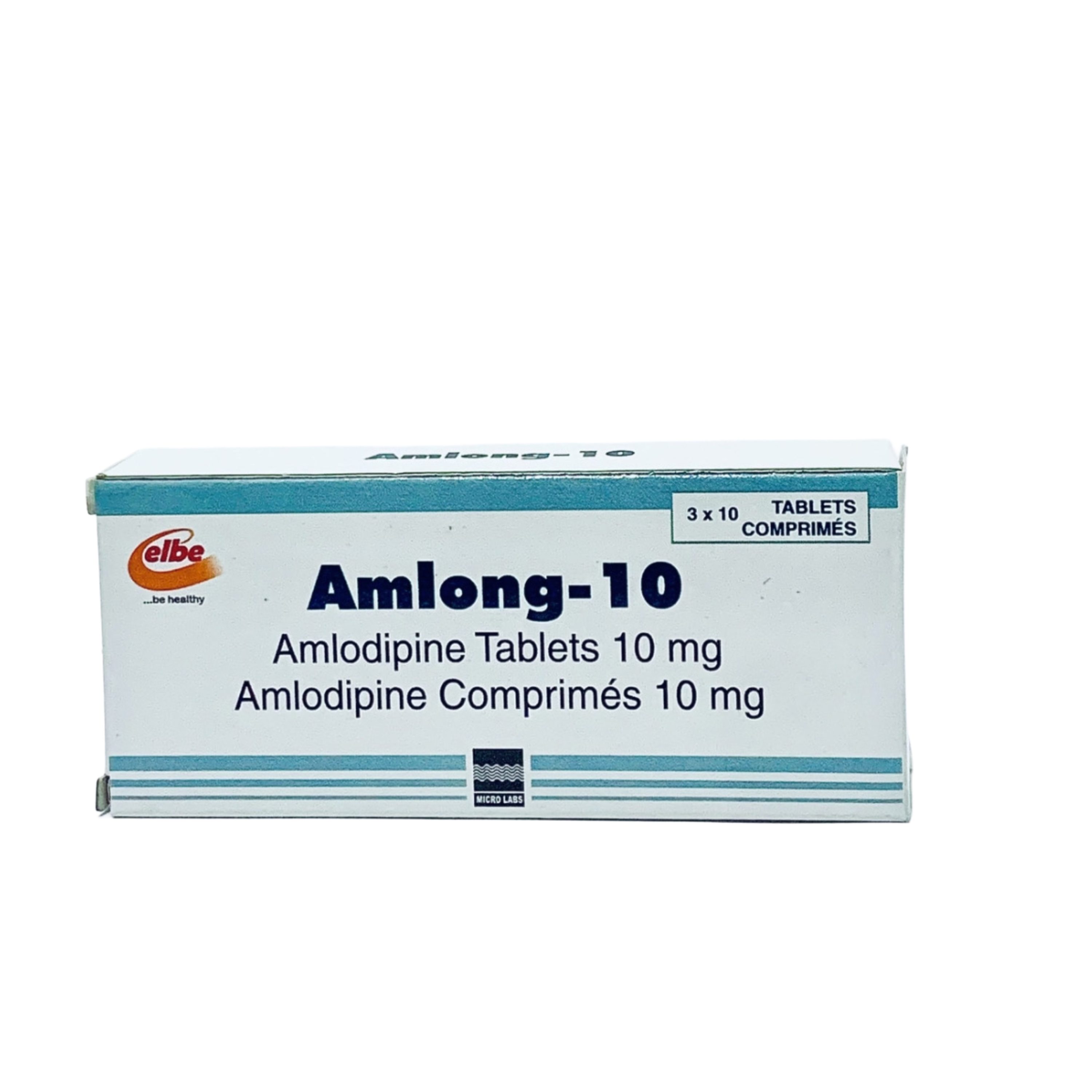

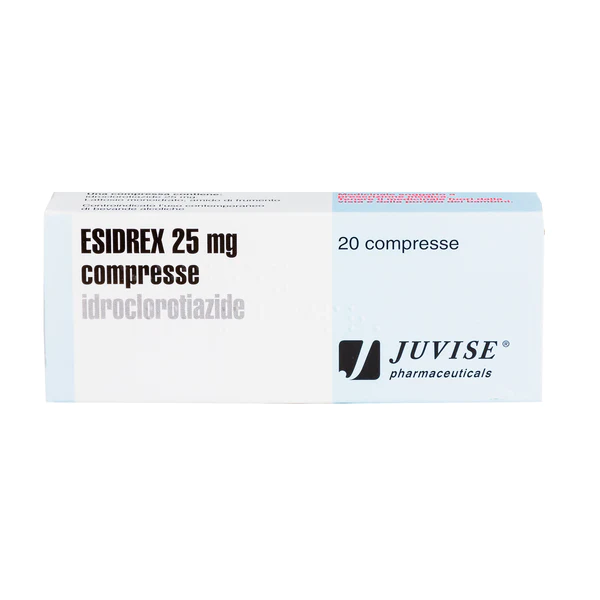
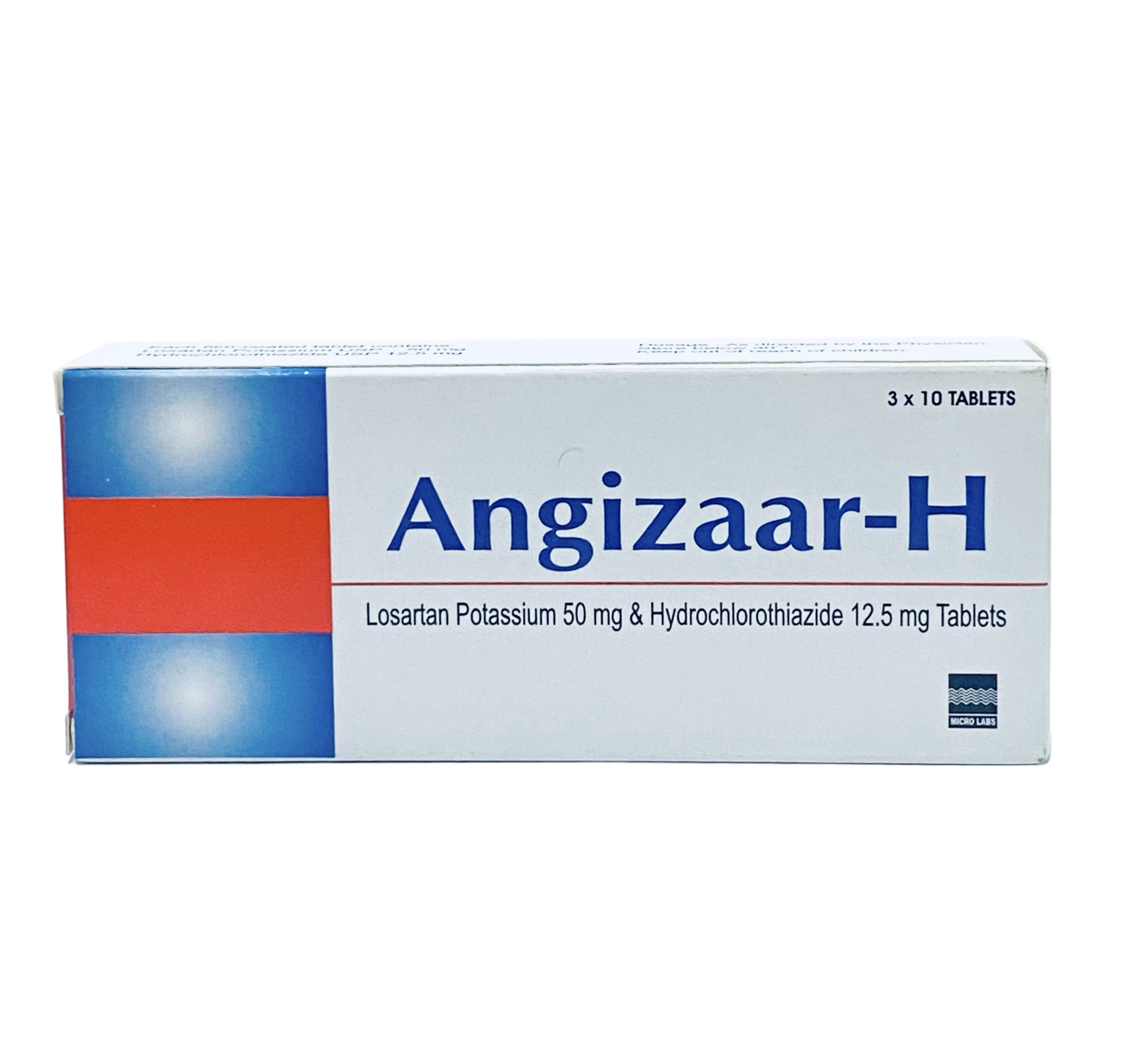
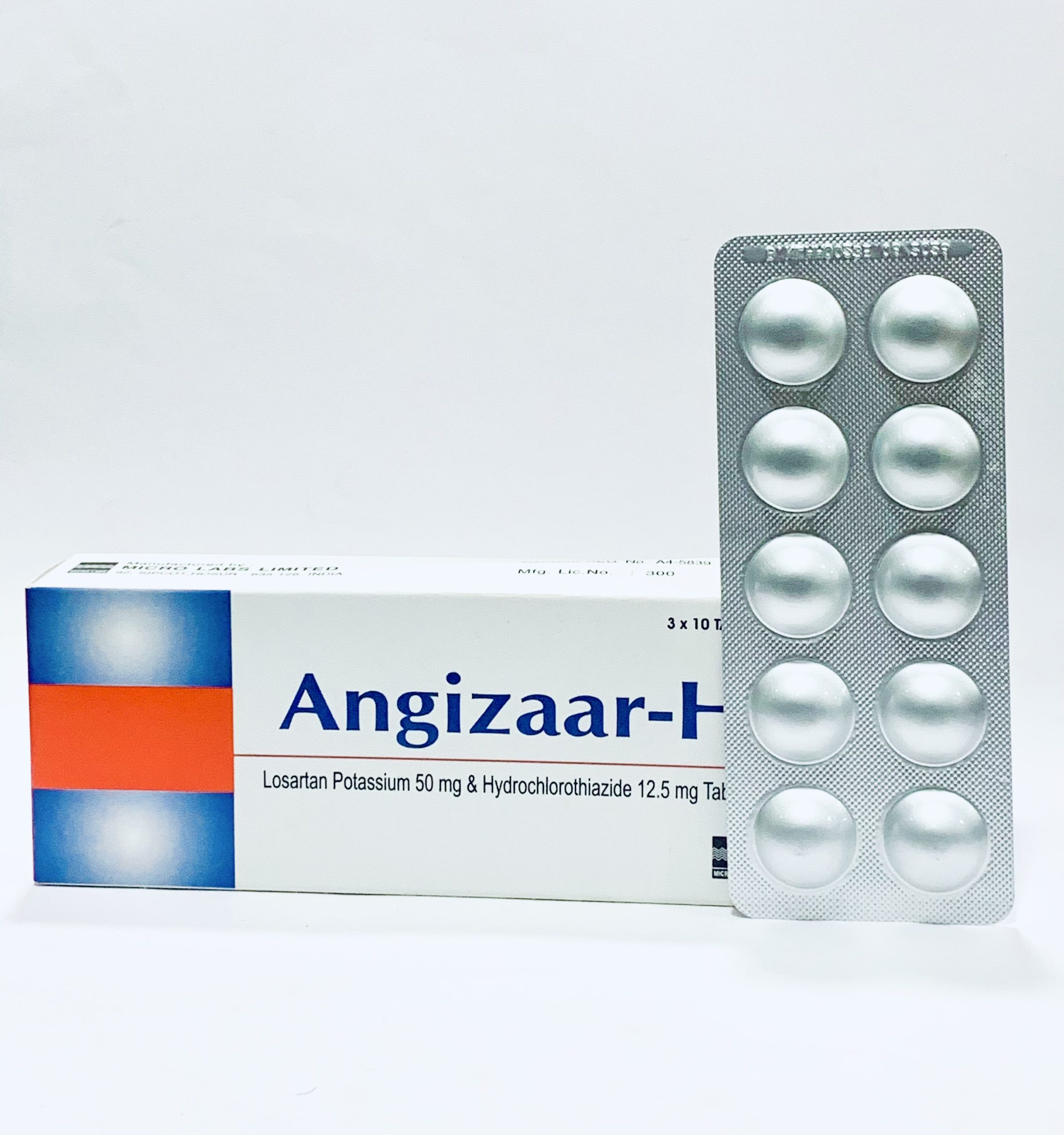
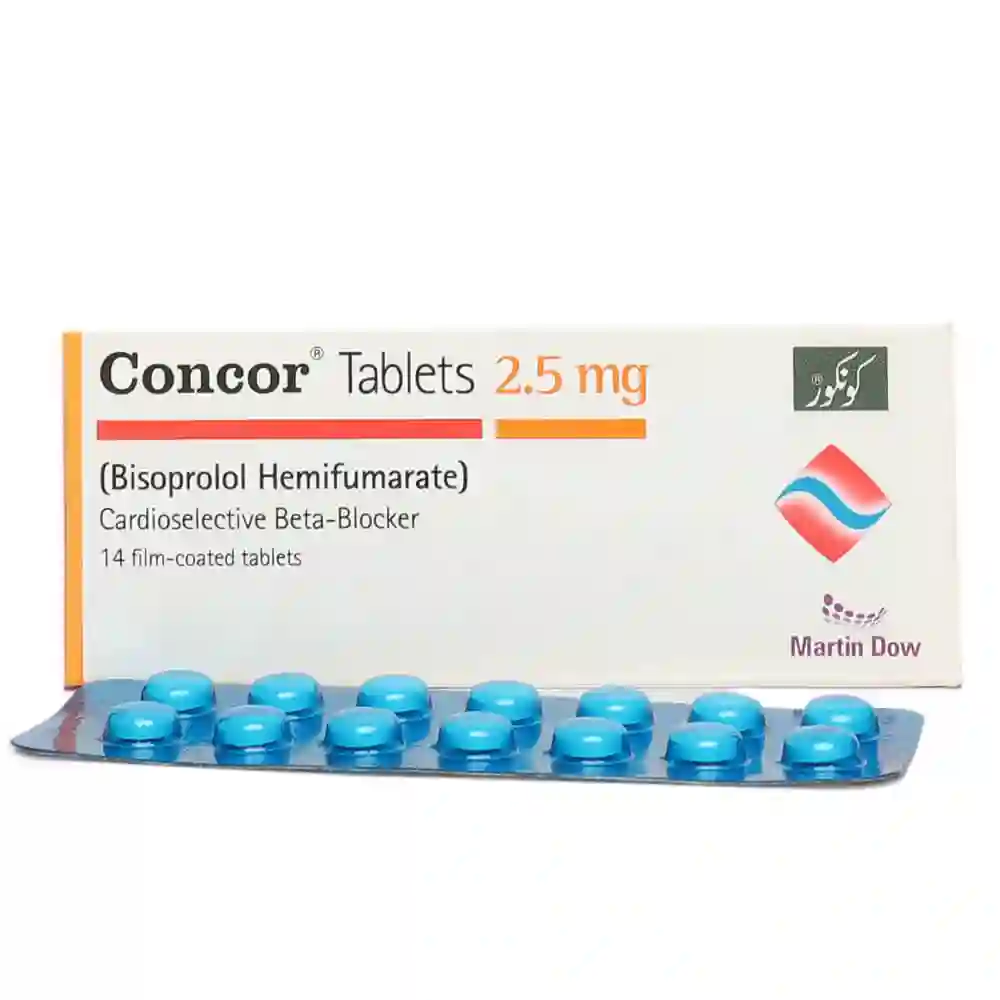
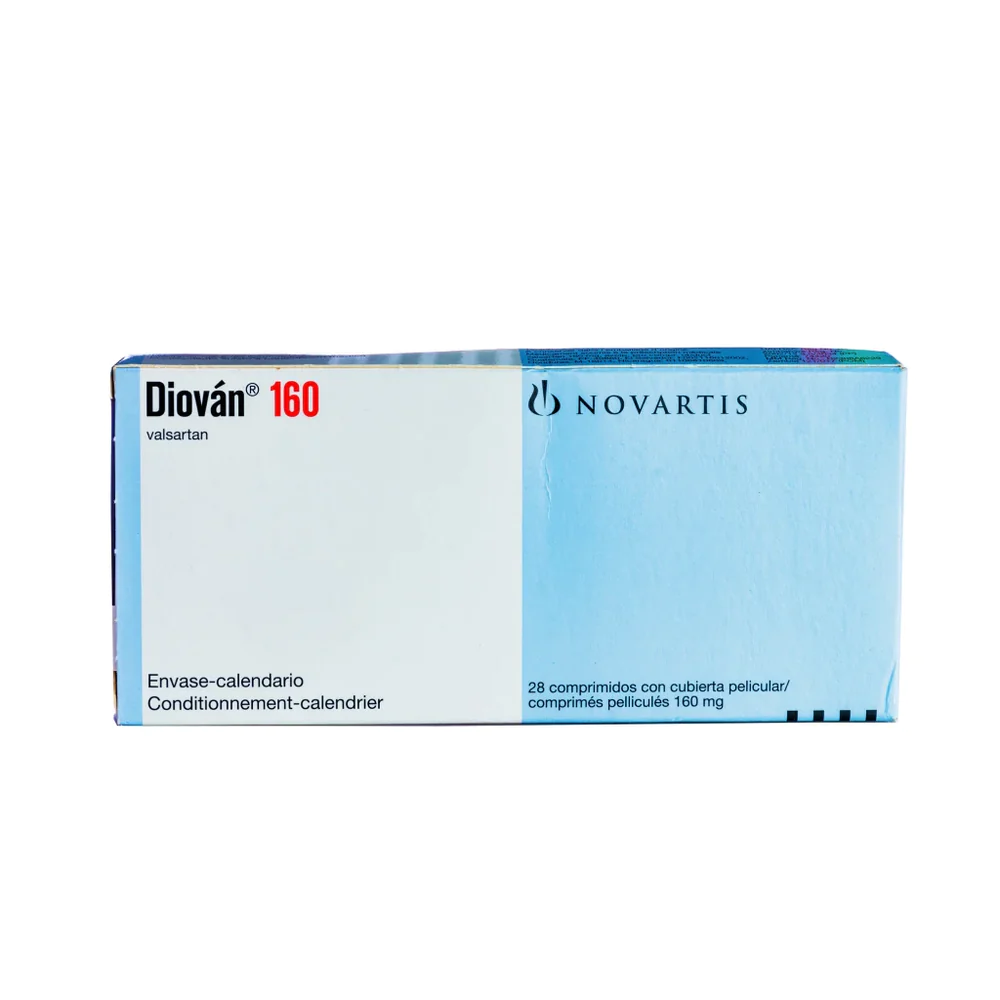



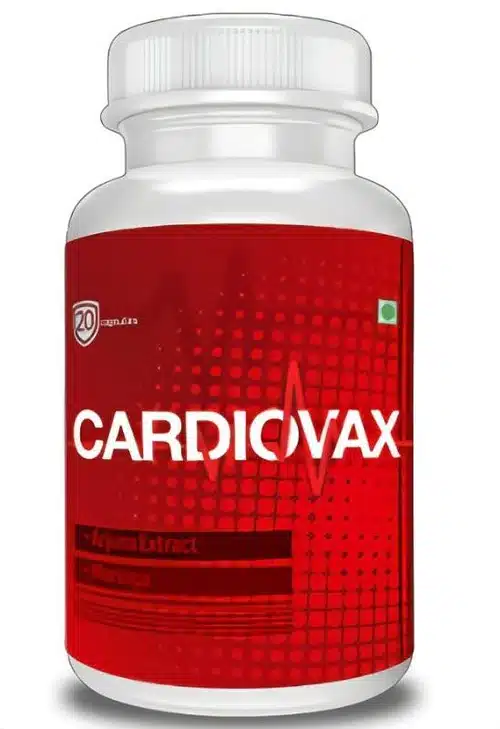
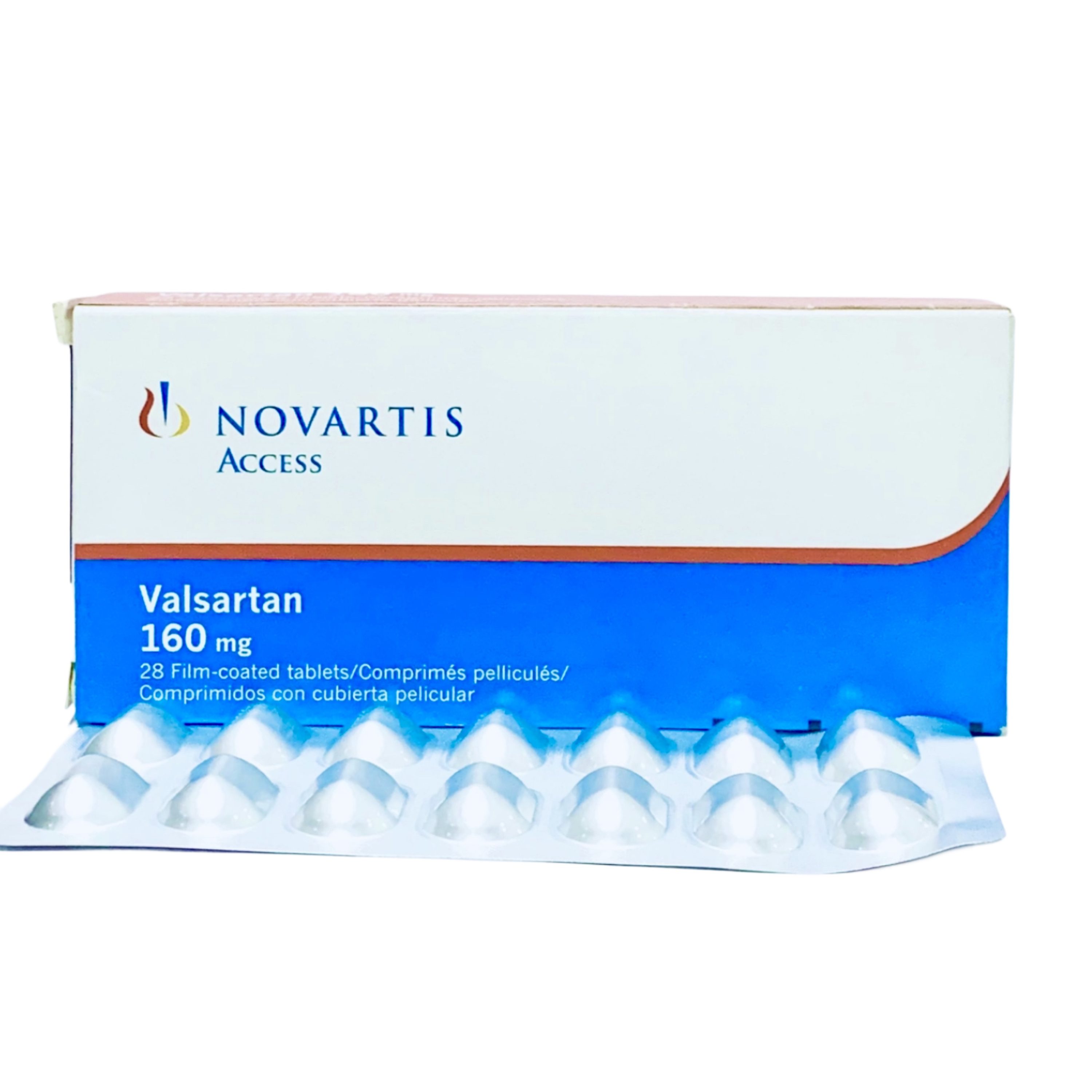
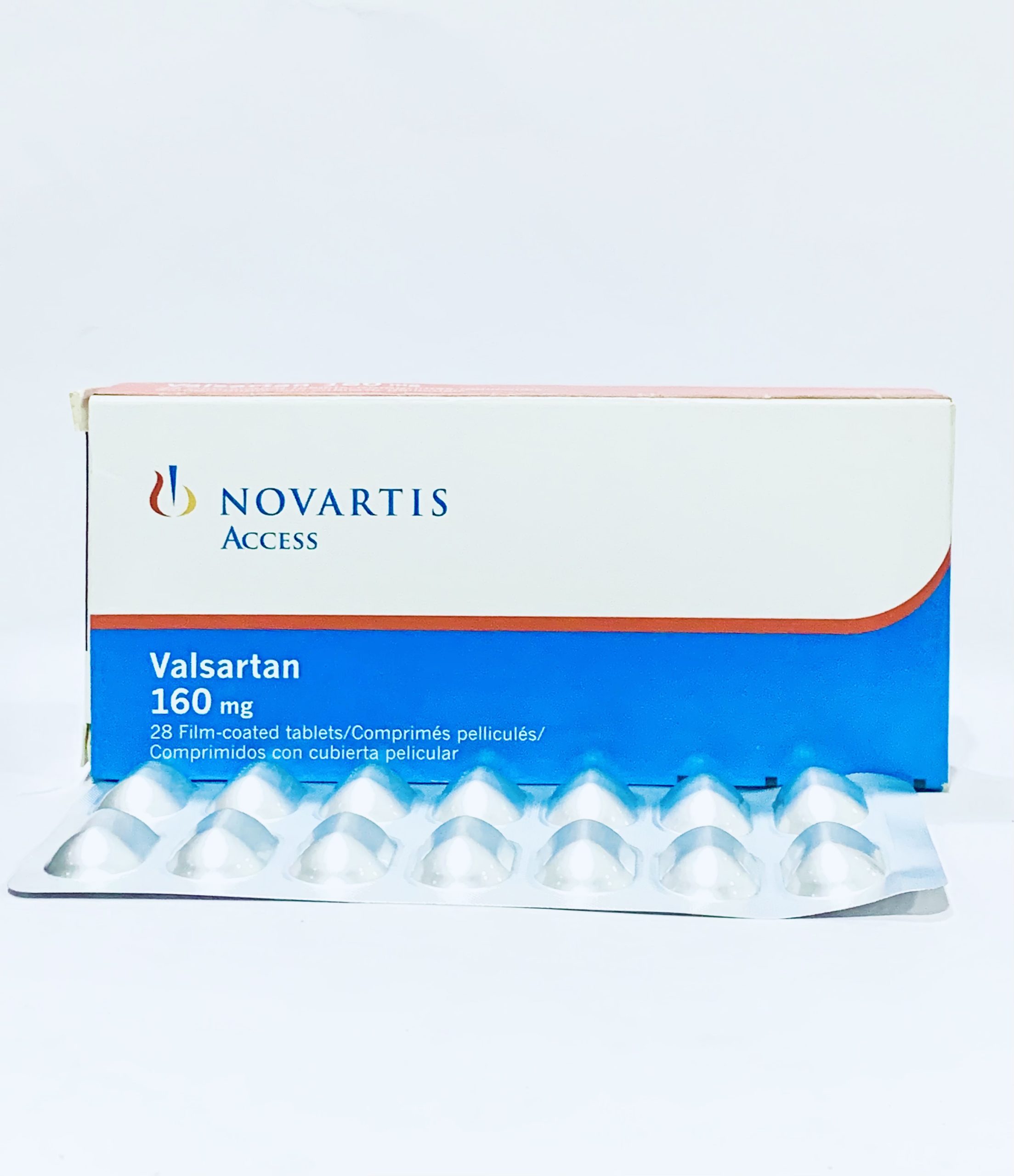
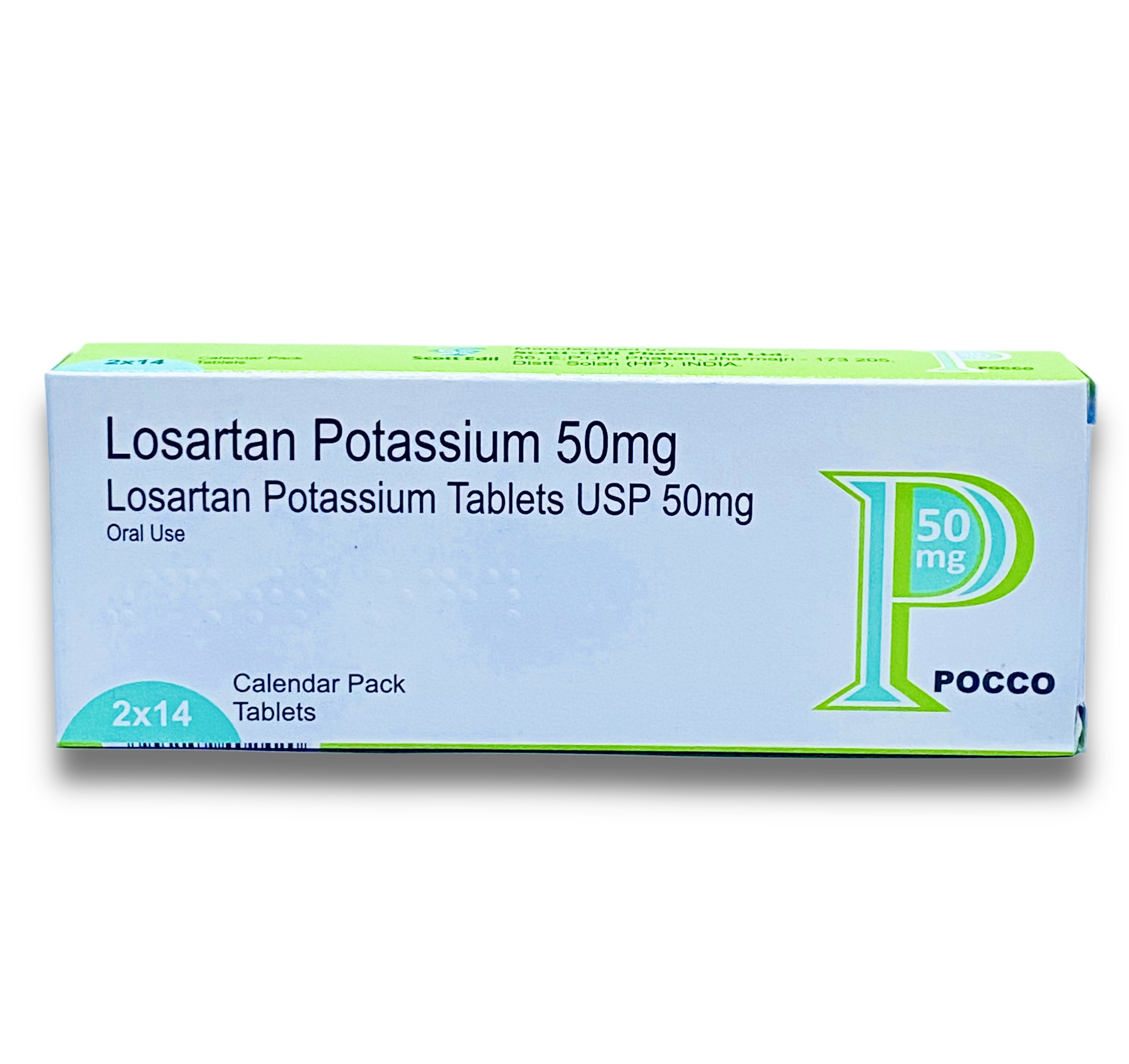
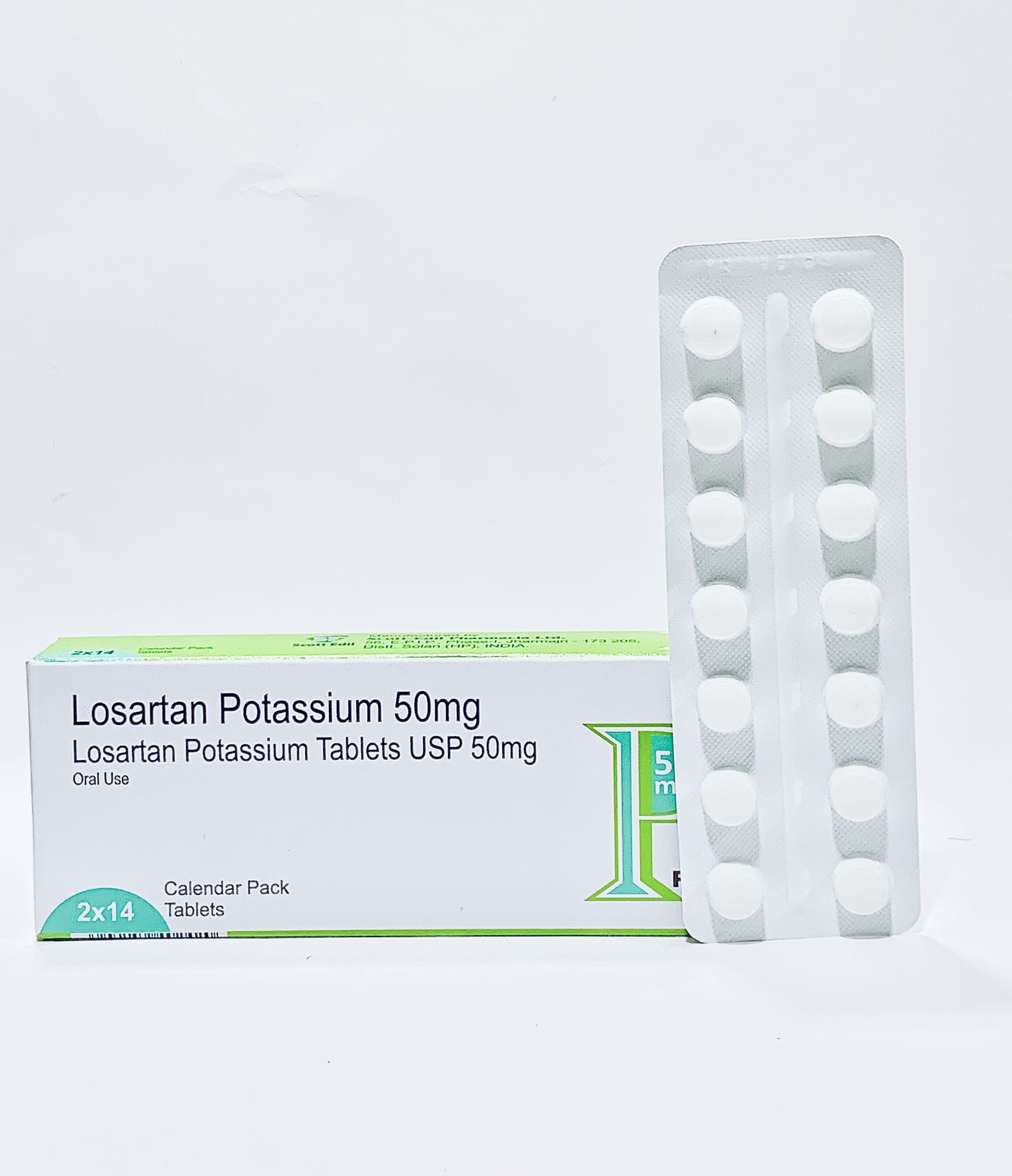
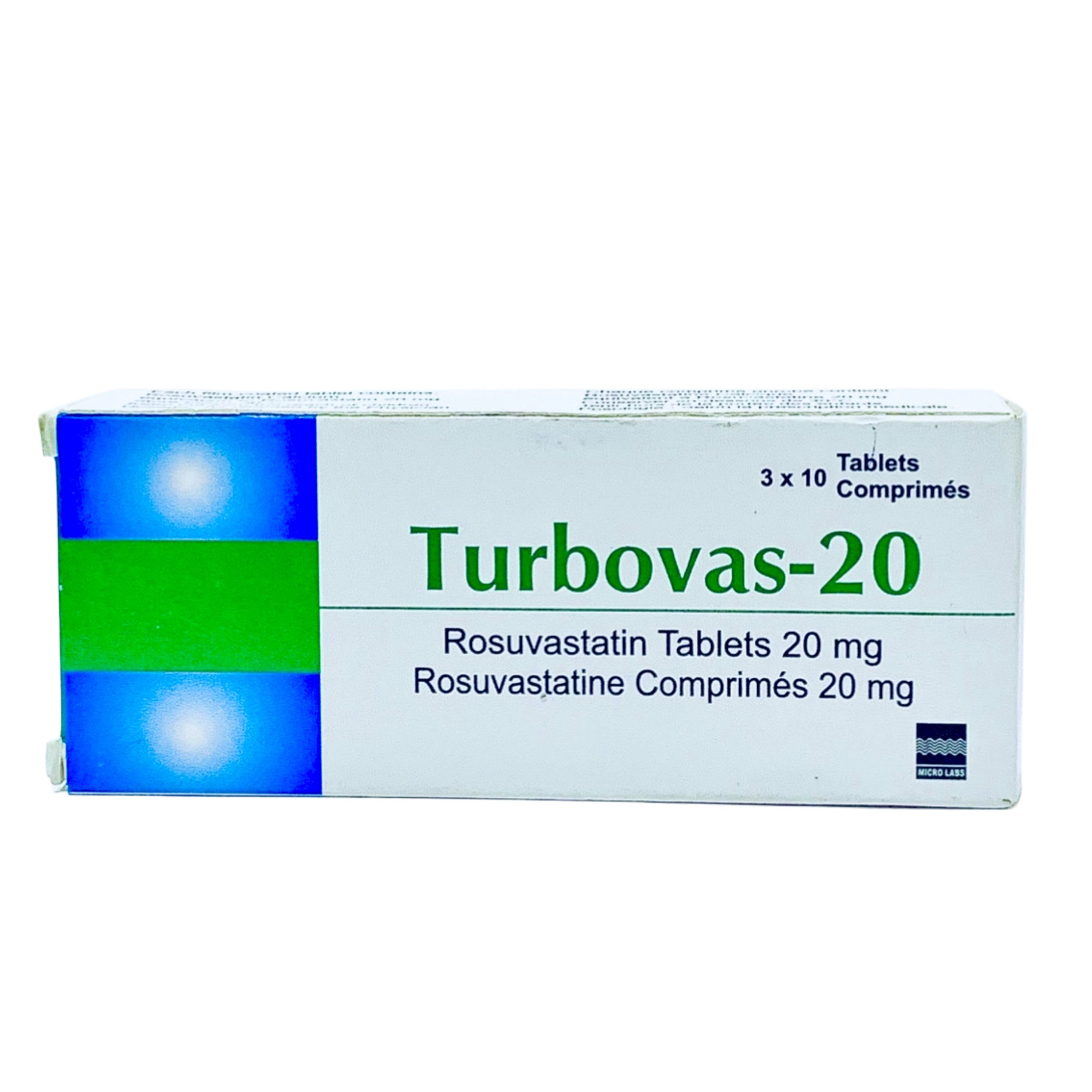
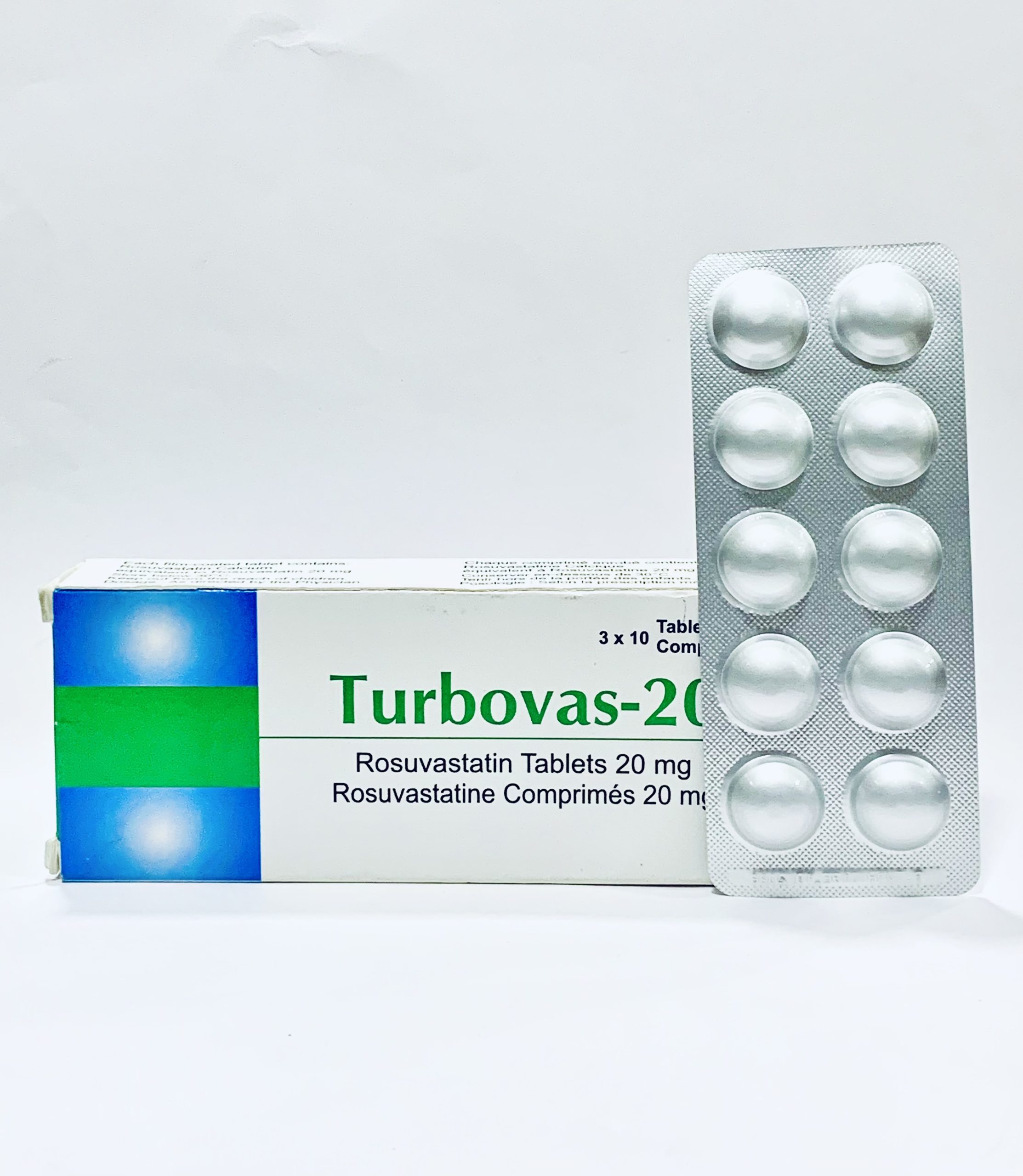
Reviews
There are no reviews yet.